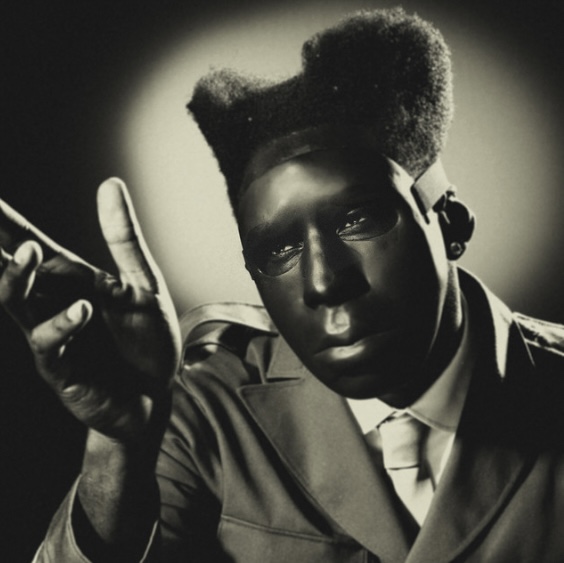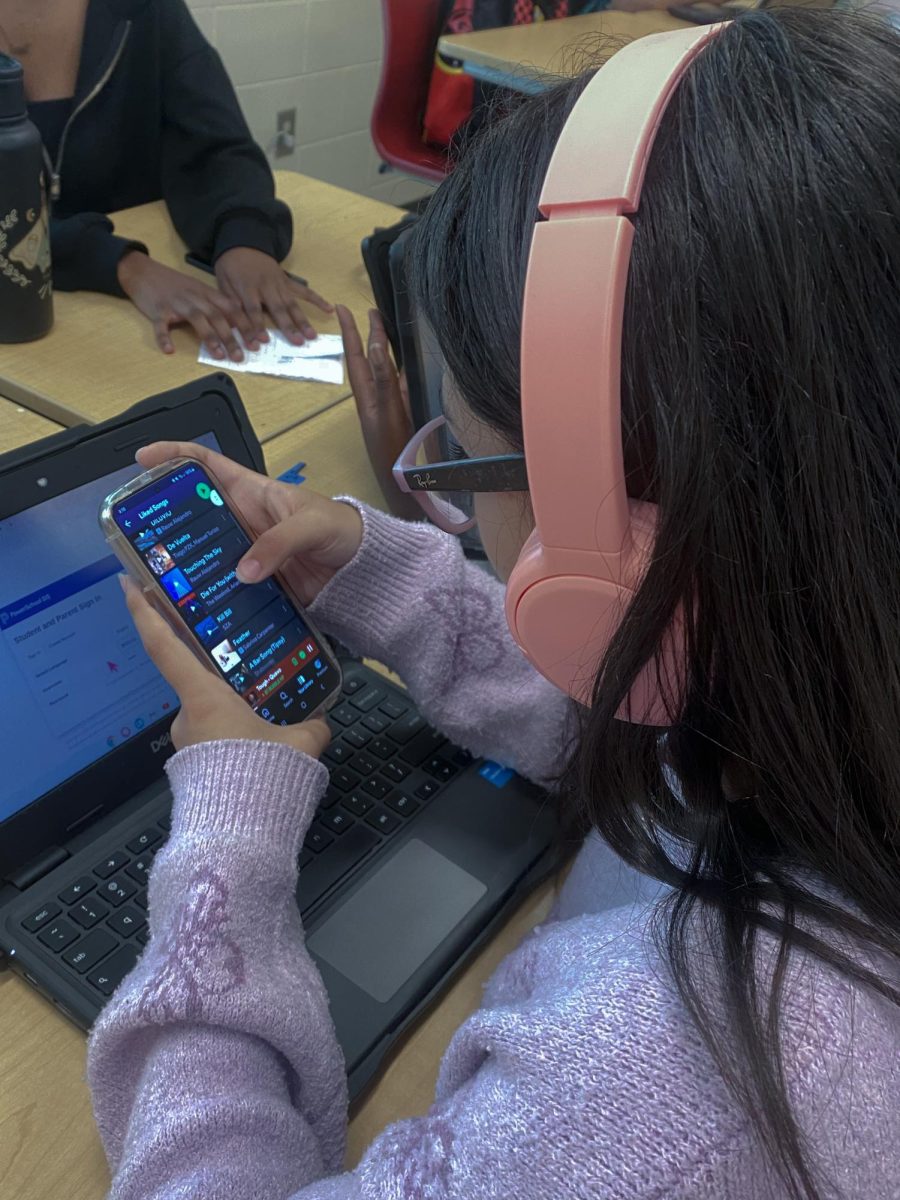Imagine connecting your headphones, clicking play on your favorite study playlist, and letting the rhythm guide you through your assignments. For many students at Westwood High, music is a cherished companion during study sessions, creating a backdrop that can enhance or detract from academic performance.
Research into how audio affects learning suggests that its impact varies depending on factors such as the type of music and the individual’s study habits. Studies show that music can significantly influence mood and focus.
For instance, a well-chosen playlist might help students concentrate better and uplift their spirits. Kymari Gibson, a student at Westwood, expresses this sentiment: “I love my headphones. I get mad when I leave them at home because I can’t listen to my music. Music actually helps me focus more.”
This highlights how personal preference plays a role in how music affects productivity.
According to research from the University of Maryland Global Campus, the emotional impact of music can be substantial. It suggests that students should be mindful of their musical choices, as music affects their mental state.
For instance, while studying, instrumental music or genres like classical and lo-fi beats are often recommended for students. These types of music are less likely to distract and can help maintain focus.
On the other hand, more lyrical or louder music can have varying effects.
Zy’Niyah Thomas-Daise, another student at Westwood, explains: “When I listen to Youngboy, I’m hype, but when I listen to Jhene Aiko, I’m calm.”
This demonstrates how different genres evoke different emotional states and influence study habits. The type of music being played is crucial.
Research from Applied Cognitive Psychology indicates that, “Music with lyrics can interfere with tasks requiring verbal processing, such as reading comprehension. This can make it more challenging to focus on reading or writing assignments.”
Conversely, instrumental music is often found to enhance concentration for tasks requiring deep mental engagement. But the benefits of music extend beyond academic performance; it can also be a tool for emotional regulation.
Amber, another student at Westwood, mentions: “Music helps me when I’m anxious before a test. I put on something mellow, like acoustic guitar, and it calms me down.” which suggests that the calming effects of certain types of music can help alleviate pre-test anxiety.
Starting the day off with some uplifting music and switching to instrumental tracks during intense study sessions can provide a balanced approach. This strategy helps students capitalize on the positive effects of music while minimizing the risk of overstimulation.
As headphones and audio become increasingly integrated into educational environments, understanding their impact on academic and emotional well-being is crucial.
For students like Kymari and Zy’Niyah, the right music can transform a study session from mundane to productive. Being thoughtful about when and how to incorporate music into their study routines can help maximize its benefits while avoiding potential drawbacks.

























